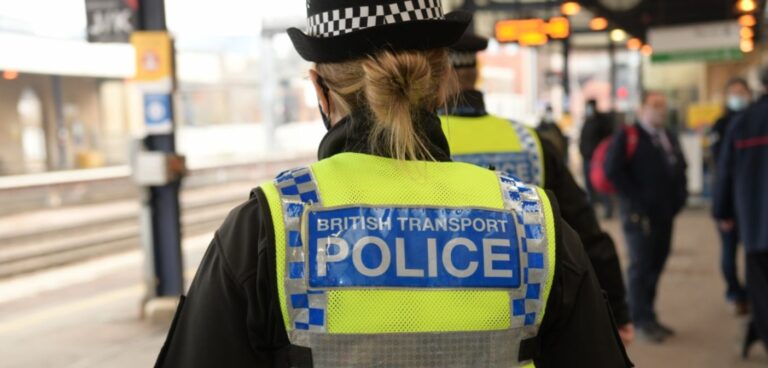Two female transport experts have today [08 March] published a new set of recommendations on making the transport network safer for women and girls.
Commissioned by the Department for Transport (DfT), the recommendations set out how the government can improve safety for women on the railways, at bus stops, and in stations.
West Midlands Combined Authority (WMCA) chief executive Laura Shoaf and Transport for West Midlands (TfWM) executive director Anne Shaw were appointed by the DfT last summer. They were tasked with identifying best practice to tackle violence against women and girls on our transport networks. Six months on, their 13 key recommendations, include:
- Involve women in the design of public infrastructure such as Metro stops to make them safer
- Encourage more women to work in the transport industry so there is a greater representation of women in the transport industry across all types of roles
- Review current safeguarding practices including standardising Disclosure and Barring Service (DBS) checks for all front facing staff across the transport industry
- Making staff more visible on the network including deployment of police forces at locations which will have the greatest impact on our transport networks
Shoaf, who also chairs the national Urban Transport Group, and Shaw developed the recommendations following a thorough assessment of the true impact of violence against women and girls on our transport network, finding that it is having a direct effect on access to opportunities such as learning and employment.
Shaw said: “Having worked in transport for over 30 years, I can see the progress made with more women working within this industry but there is still much more work to be done.
“By encouraging more women into the industry, we can make sure their unique perspective is embedded into the design and operation of our transport networks, creating more hostile environments for would-be perpetrators.
“By having stringent and relevant checks for all frontline staff and others who provide our travel needs will can also help give confidence to women and girls using the transport system.
“The contributions of women and girls who have experienced violence first hand have also been crucial to our recommendations, and we must all continue to listen to their voices so that everyone feels safe using public transport.”
These recommendations, developed independently following extensive input from over 200 stakeholders including charities, women’s safety advocates and transport experts, will be presented to transport minister Trudy Harrison by the UK’s first Violence Against Women and Girls Transport Champions.





